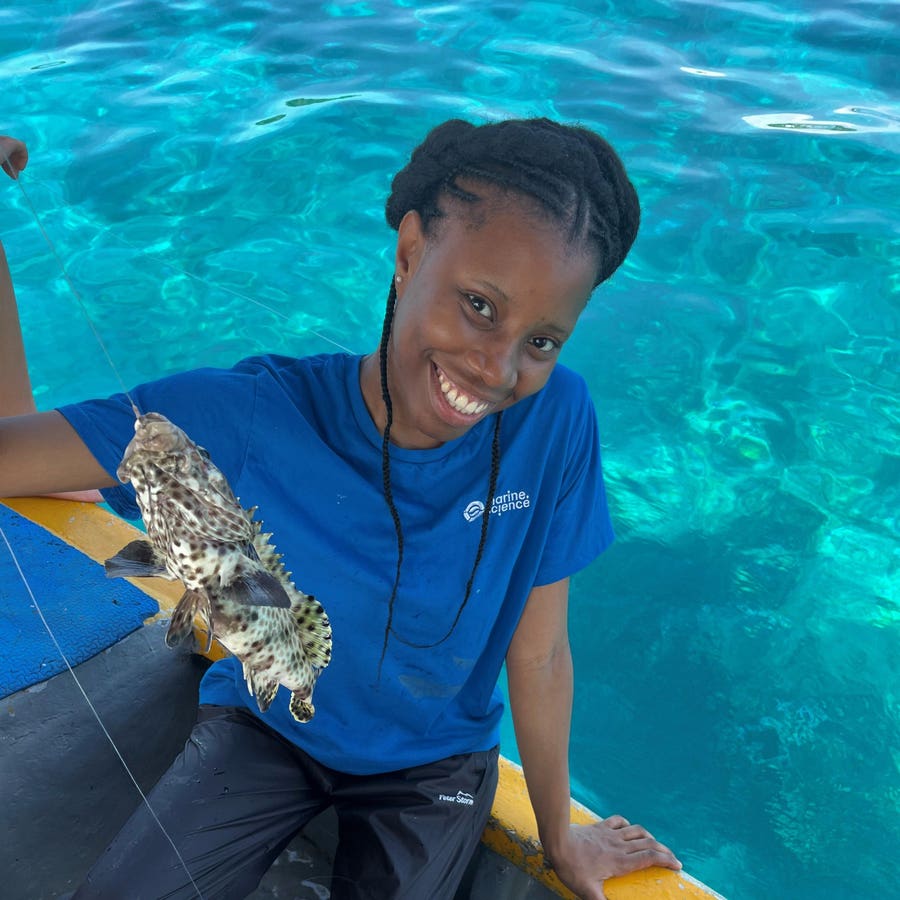Labonte’s research in the Seychelles has shed light on the vital role of seabird populations in maintaining the health of coral reefs. Following bleaching events that devastated coral cover in the archipelago, Labonte’s investigation into island restoration techniques revealed that returning seabirds to Indian Ocean islands positively impacted fish and coral reefs by introducing important nutrients from bird waste into the food chain. Her research also highlighted the potential benefits of rat eradication in bolstering the nutrients available for reef fish, ultimately enhancing the overall ecosystem resilience.
Growing up surrounded by the ocean in the Seychelles, Labonte developed a deep appreciation for the marine environment, which inspired her to pursue a career in marine research and conservation. As a first-generation university student from a Small Island Developing State, Labonte aims to bring a unique perspective to her scientific work, advocating for increased diversity in the field and encouraging more young people, especially females, to pursue careers in marine research. She emphasizes the importance of collaboration with local stakeholders to ensure that research is conducted in partnership with those most affected by environmental challenges, leading to solutions that address community needs and priorities.
In a similar effort to protect coral reefs and marine biodiversity, researchers like Bryant Jeffery Zebedy from the Marshall Islands are joining international expeditions to study and conserve vulnerable ecosystems. Zebedy’s involvement in the Pristine Seas project, which explores remote atolls in Kiribati, Tongareva, Niue, and the Republic of the Marshall Islands, highlights the critical role of local agencies like the Marshall Islands Marine Resources Authority in establishing protected areas and promoting sustainable resource management practices. These initiatives contribute to a broader framework called Reimaanlok, which focuses on securing resource management plans for local communities and safeguarding marine ecosystems for future generations.
Through collaborative research efforts and community engagement, scientists like Labonte and Zebedy are making significant contributions to marine conservation and sustainable resource management in vulnerable island nations. By studying the interconnections between seabird populations, coral reefs, and fish communities, researchers can develop holistic approaches to ecosystem restoration and resilience-building. With a shared commitment to protecting marine biodiversity and preserving coastal habitats, these scientists are working towards a more sustainable future for island ecosystems and the communities that rely on them.


